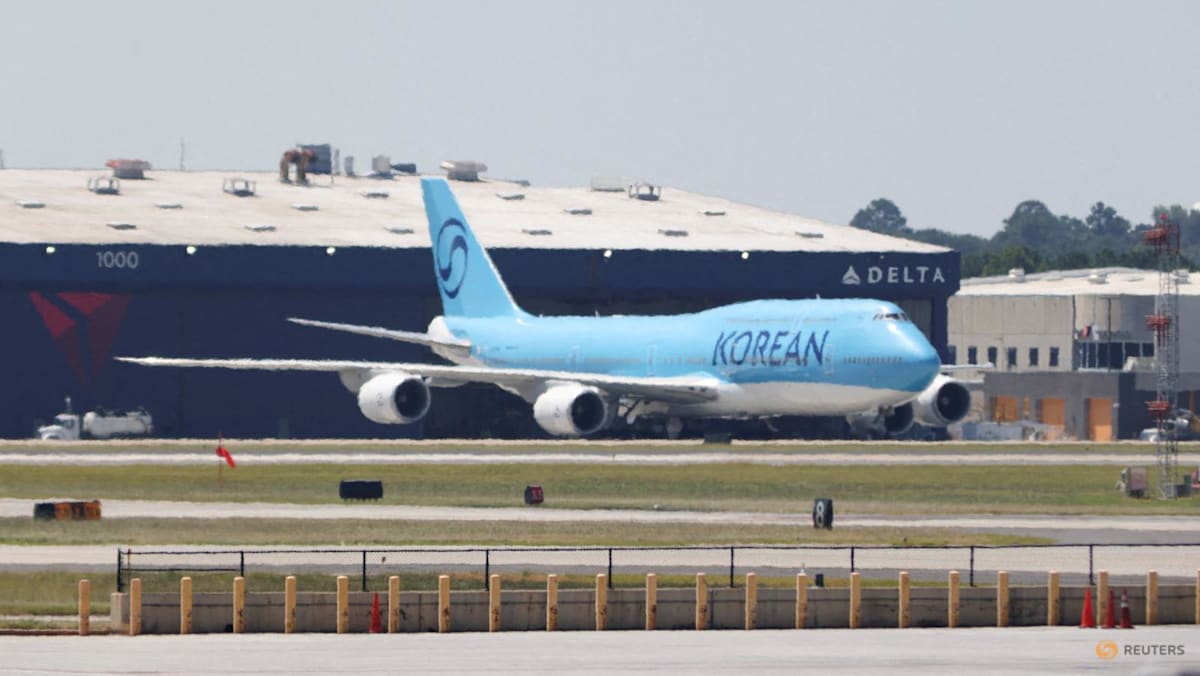PARIS: Europe’s sun-soaked beaches and scenic countryside are once again bustling with activity as the peak summer season kicks into gear, with tourists from across the globe flocking to the continent in large numbers.
While many tourists from the United States have made plans to visit Europe, the flow of travellers appears to be less reciprocal.
Transatlantic travel to the US is in decline, according to aviation analysts. Bookings to the US for July have dropped 13 per cent compared to the same period last year.
Some European airlines are slashing transatlantic airfares in a bid to counter softening demand.
DECLINING TRANSATLANTIC AIRFARES
Some Europeans told CNA that fears over safety, especially around US President Donald Trump’s unwelcoming policies that focus on stricter border policy, are making America a less appealing destination.
The decline in travel to the US reflects broader headwinds in the global travel sector, as ongoing geopolitical tensions and tightened consumer budgets weigh on international plans.
Meanwhile, businesses across Europe are aiming to capitalise on strong inbound tourism, hoping for a bumper July and August season.
Yet, industry insiders caution that certain challenges are beginning to emerge, particularly around infrastructure and accommodation.
The European Tourism Association’s chief executive Tom Jenkins said: “To a certain extent we are starting to see problems with over-demand in certain areas. Certainly (in) places such as Paris, Rome, Venice, even London, we are seeing capacity constraints cut in.”
France remains the most visited country in the world, welcoming about 90 million international tourists each year. Its capital Paris draws millions with iconic landmarks such as the Eiffel Tower and the Louvre Museum.
DEMAND FROM ASIA
Tourists from Asia continue to be a crucial driver of Europe’s tourism economy, providing a reliable stream of summer revenue.
However, shifts in origin markets are changing the dynamics of this long-standing relationship.
In a June survey conducted by the non-profit European Travel Commission, 72 per cent of Chinese respondents said they plan to travel to Europe this summer, up from last year.
However, the share of respondents who said they were planning to spend more than US$230 a day has fallen by 11 per cent compared to the same period last year.
“Because of the problems with Russia and Ukraine, we are seeing a real suppression in demand from Asia. Some people are defying this,” said Jenkins.
“Certainly, India is booming as an origin market for Europe. Indonesia is doing very very well. Places such as Vietnam are surprisingly active at sending people to Europe.
“But in broad terms, the big origin markets such as Japan and China are down from where they used to be.”


















































